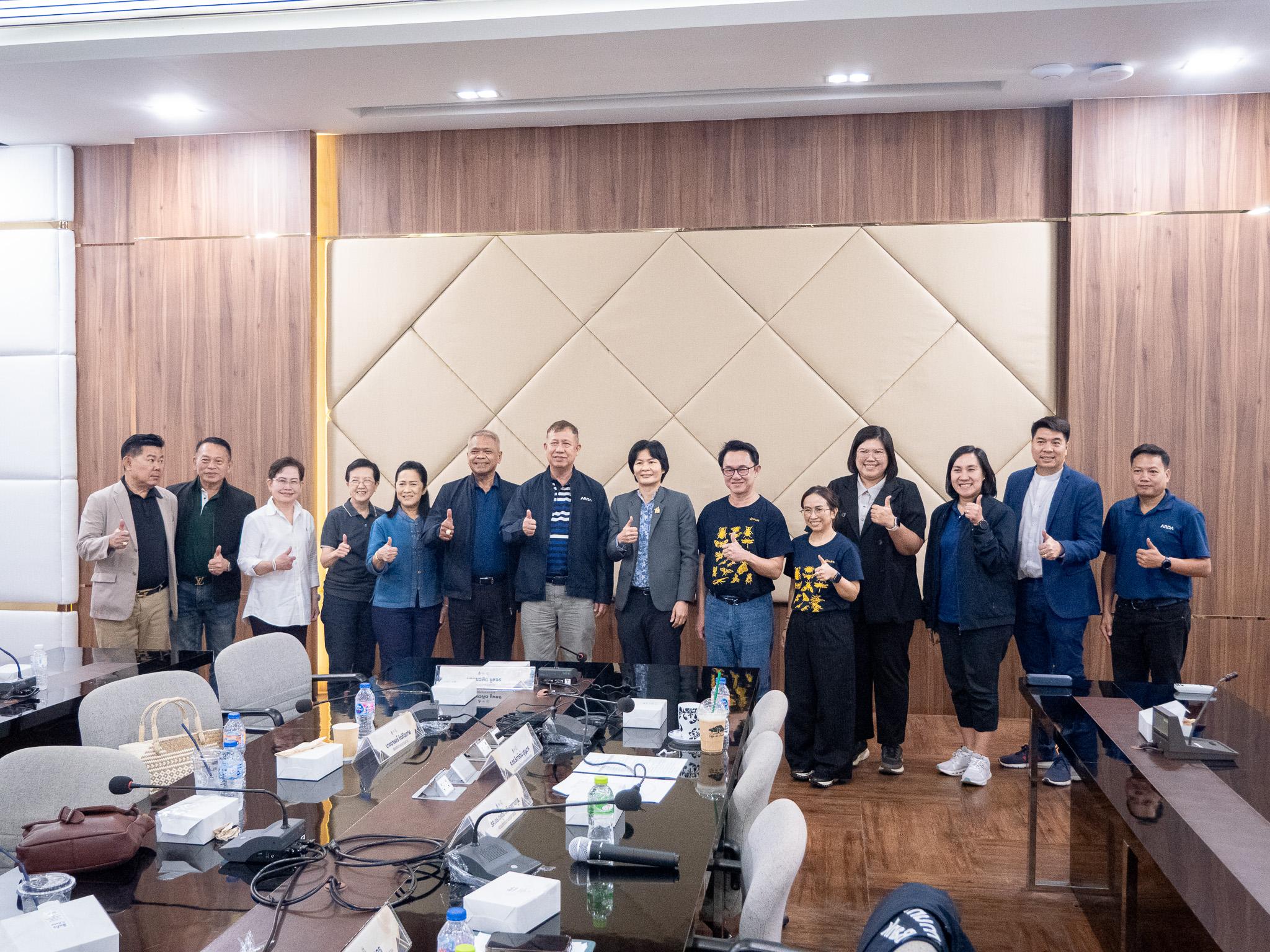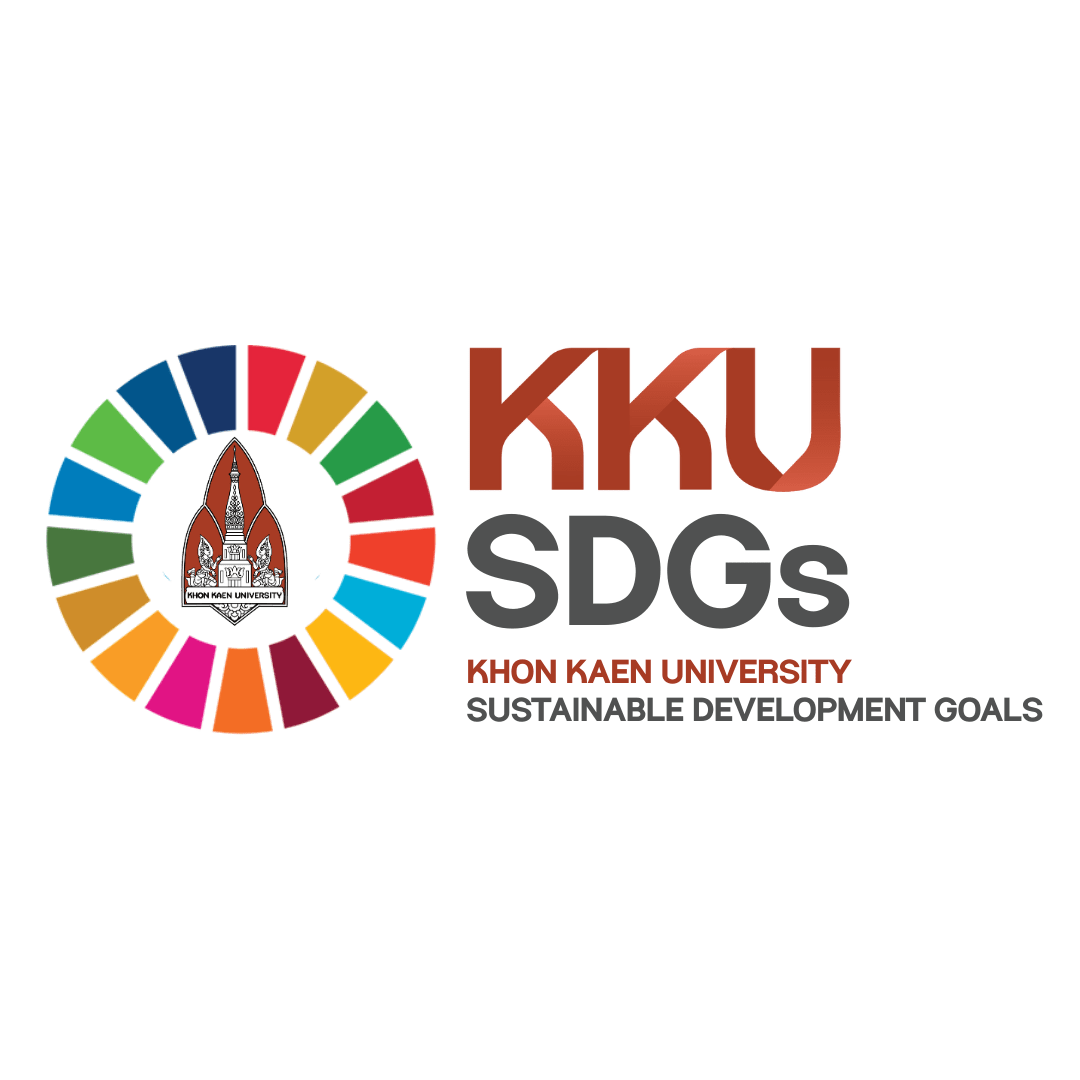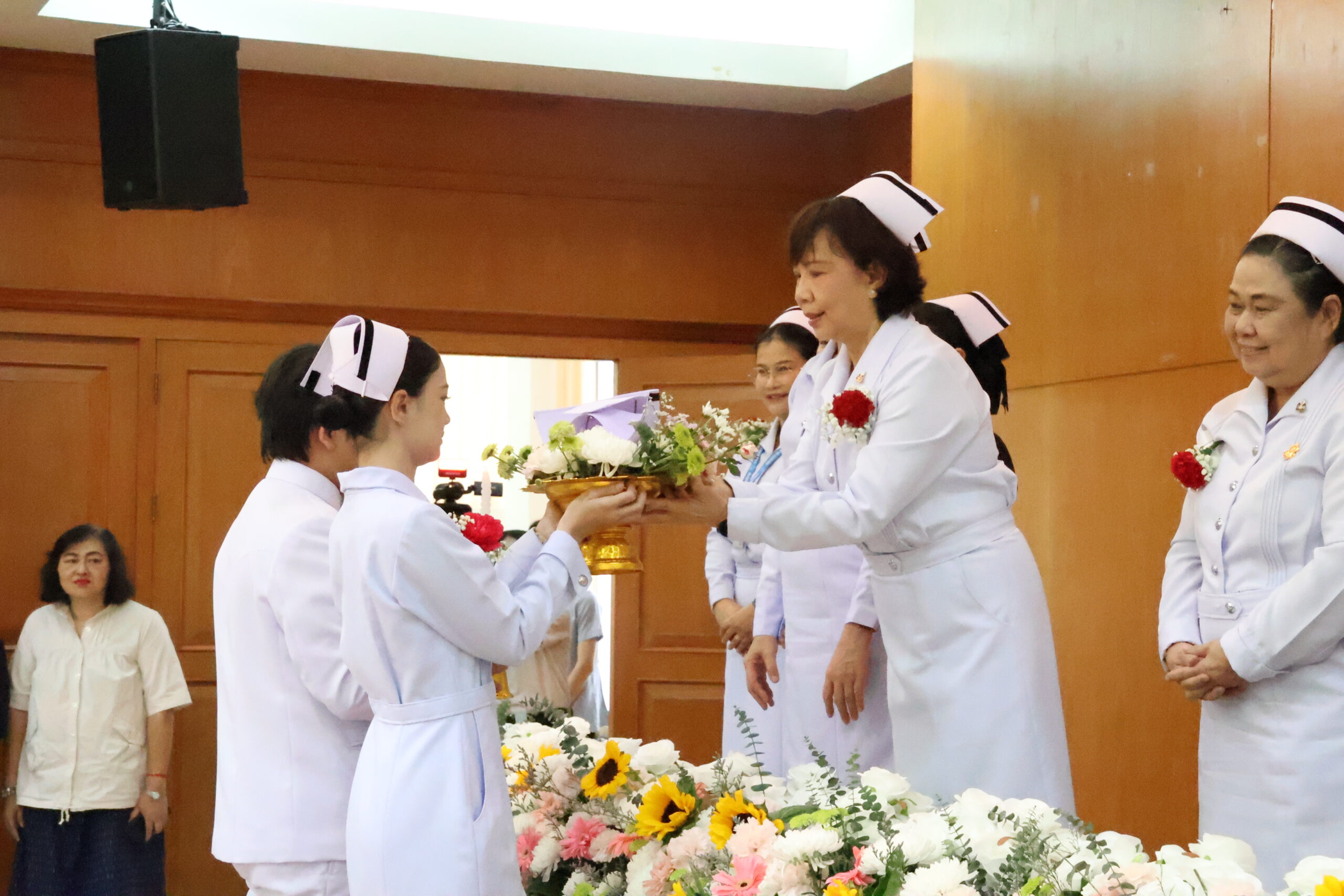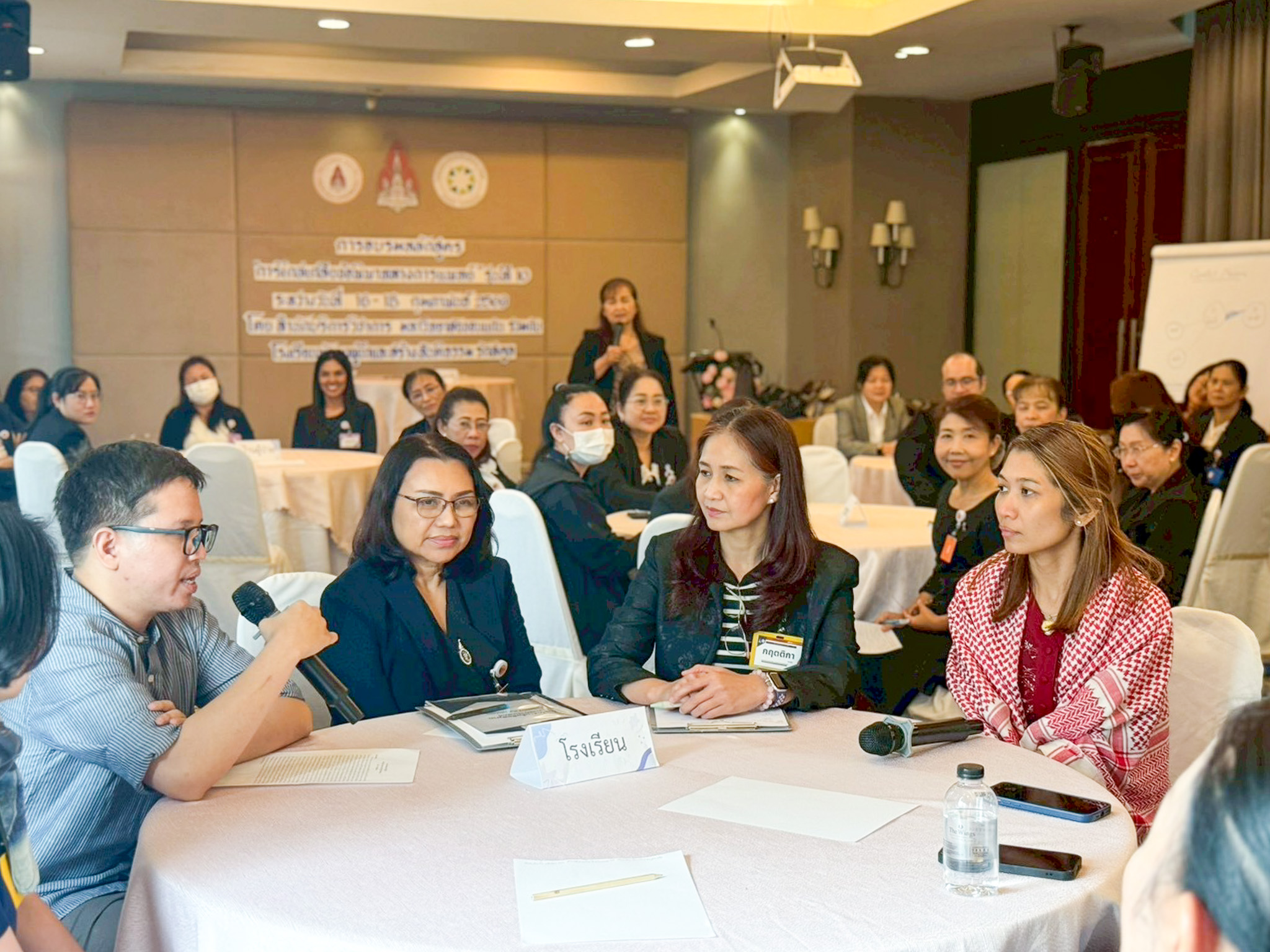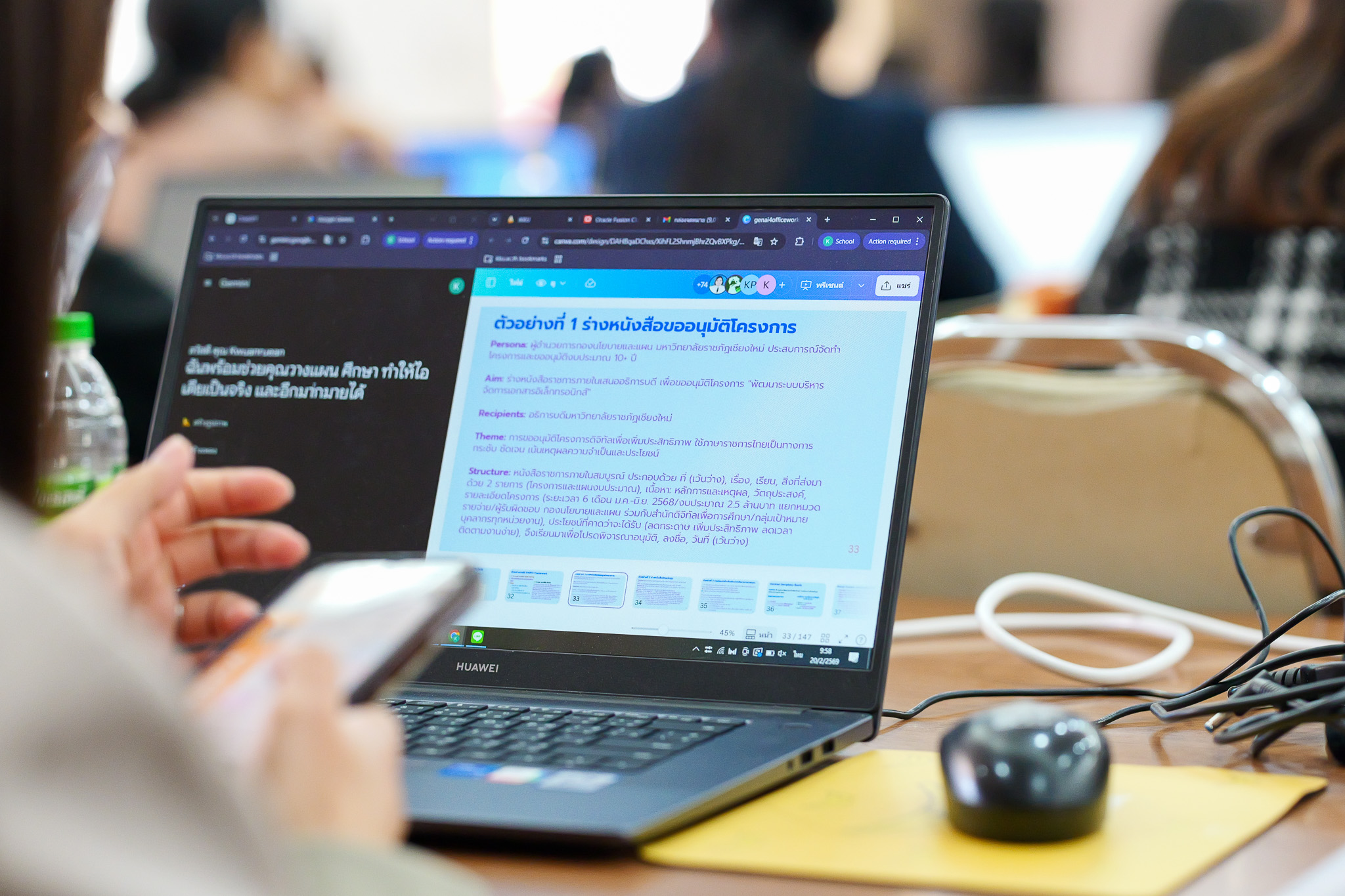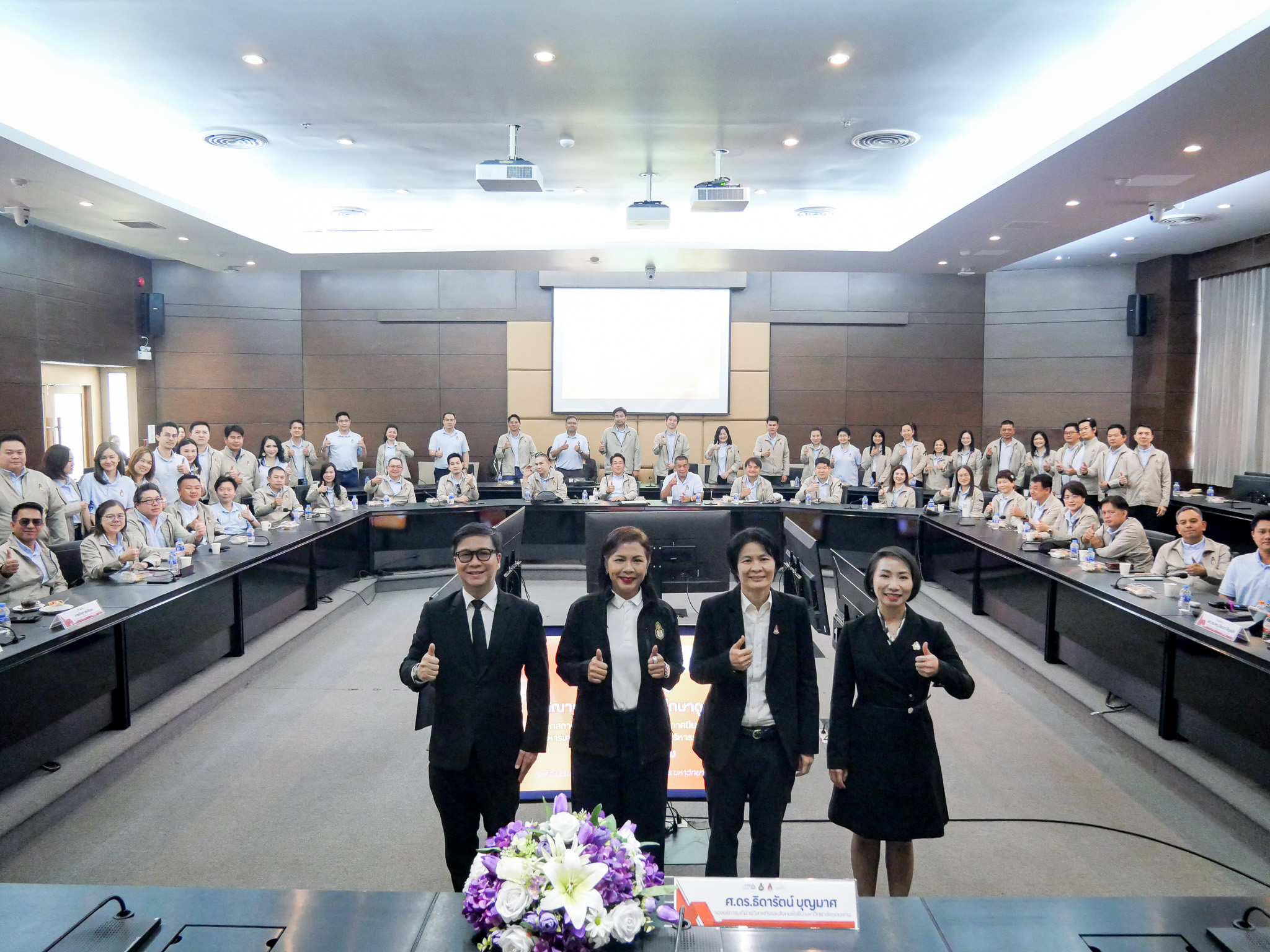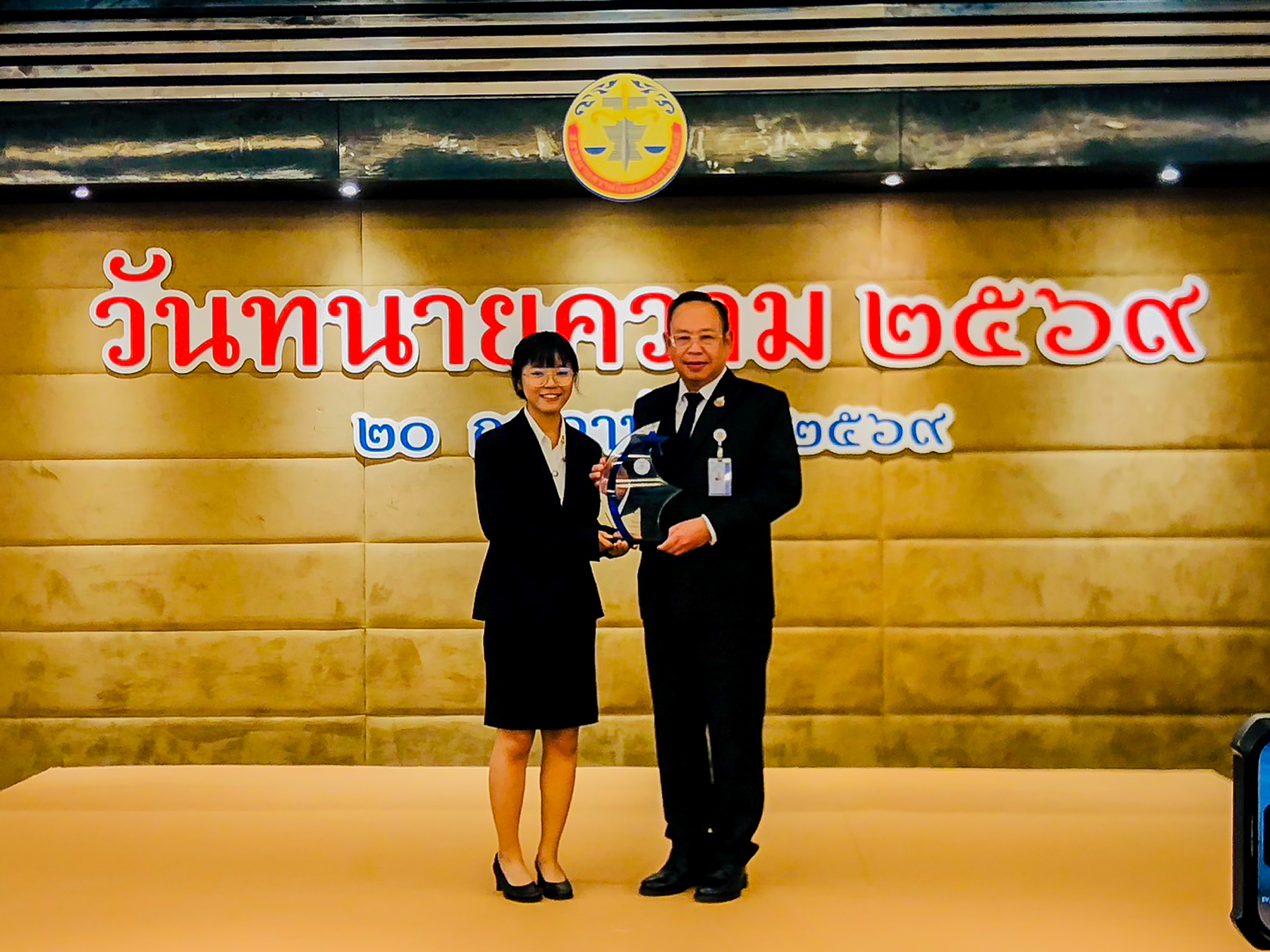KHON KAEN – Khon Kaen University (KKU) hosted delegations from key national agencies on May 7, 2025, to present its “Knowledge Transfer Expansion Project on the Utilization of BSF Protein Insects,” highlighting the university’s commitment to strengthening communities and promoting environmental sustainability.
The visiting dignitaries included Mr. Chawalit Chookajorn, Chairman of the subcommittee, and Mrs. Dares Kittiyopas, Vice-Chairwoman, leading officials from the Agricultural Research Development Agency (Public Organization) (ARDA). Also present were representatives from the Biodiversity-Based Economy Development Office (Public Organization) (BEDO), led by Dr. Thanit Changthavorn, an advisor to BEDO.
Prof. Dr. Thidarut Boonmars, KKU Vice President for Enterprise and Sustainable Society, welcomed the guests at the Sarasin Meeting Room. She provided an overview of KKU’s operations, emphasizing the university’s role in community support and its efforts to drive the United Nations’ Sustainable Development Goals (SDGs) across environmental, economic, and social dimensions. Assoc. Prof. Dr. Darunee Chotithayangkoon, Dean of the Faculty of Agriculture, and other university executives also attended.
Dr. Thanit Changthavorn then summarized the operational results of the ARDA-funded community-level “Knowledge Transfer Expansion Project on the Utilization of BSF Protein Insects.”

Following the presentations, the delegation visited a model facility for integrated industrial insect research and production at the Industrial Insect Division, Faculty of Agriculture. Dr. Chutinun Choosai, Manager of the Industrial Insect Division, and Asst. Prof. Dr. Tassanee Jamjanya, an entomology expert, detailed the farming of Black Soldier Fly (BSF). They explained the benefits of BSF in organic waste management and its processing into an alternative protein source for the food and animal feed industries. This approach is considered crucial for sustainable development, helping to reduce organic waste, create value from agricultural byproducts, and support environmentally friendly production processes.
The project underscores BSF’s efficiency in reducing organic waste and its potential to decrease greenhouse gas emissions. This positions BSF as a key component in responsible resource management and aligns with the principles of a circular economy, which prioritizes resource reuse and waste reduction.

This initiative directly contributes to several SDGs, including SDG 2 (Zero Hunger), SDG 11 (Sustainable Cities and Communities), SDG 12 (Responsible Consumption and Production), SDG 13 (Climate Action), and SDG 17 (Partnerships for the Goals). The project represents an integrated collaboration between the university, government agencies, and the community, aiming to comprehensively strengthen community resilience.

